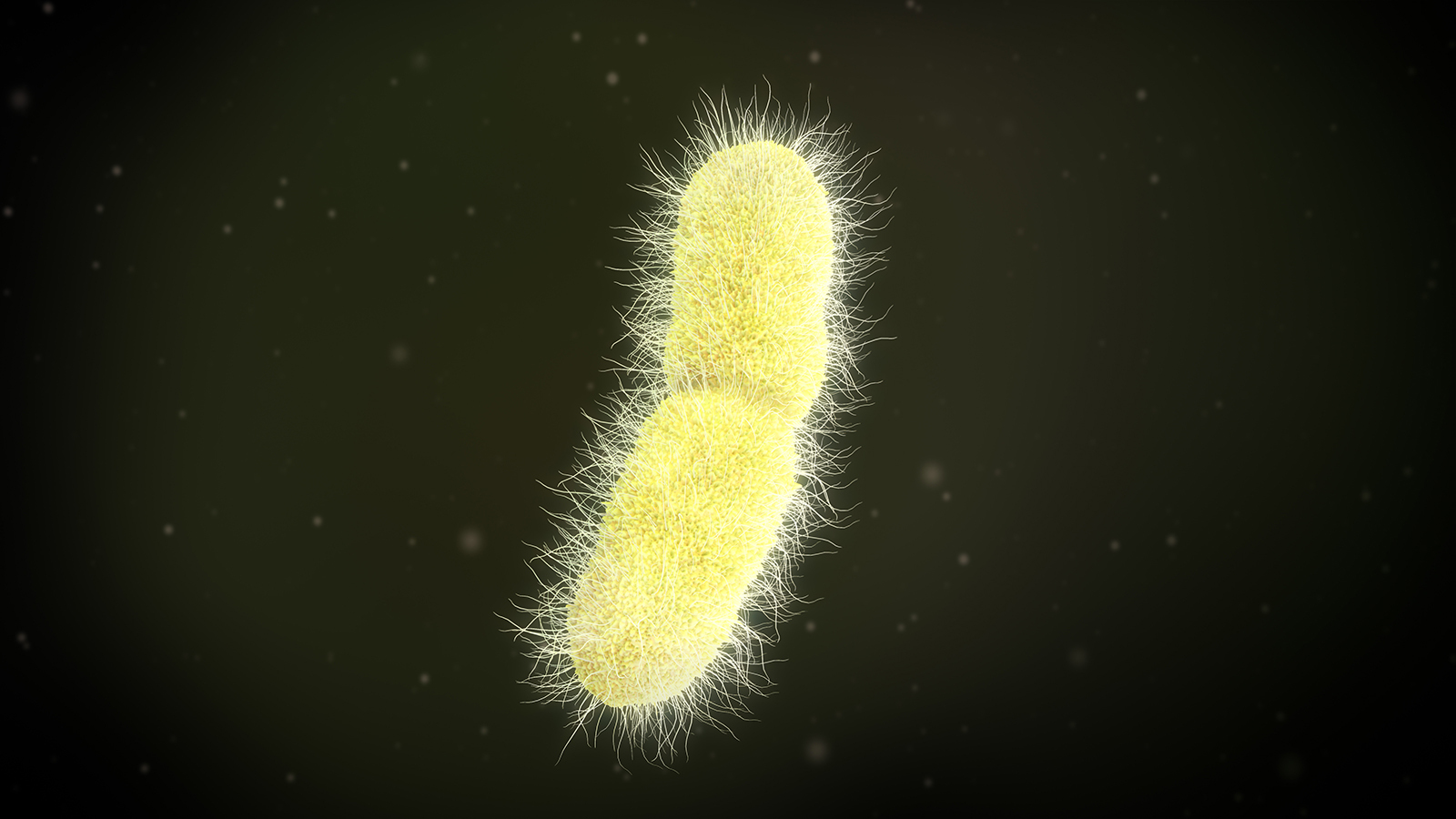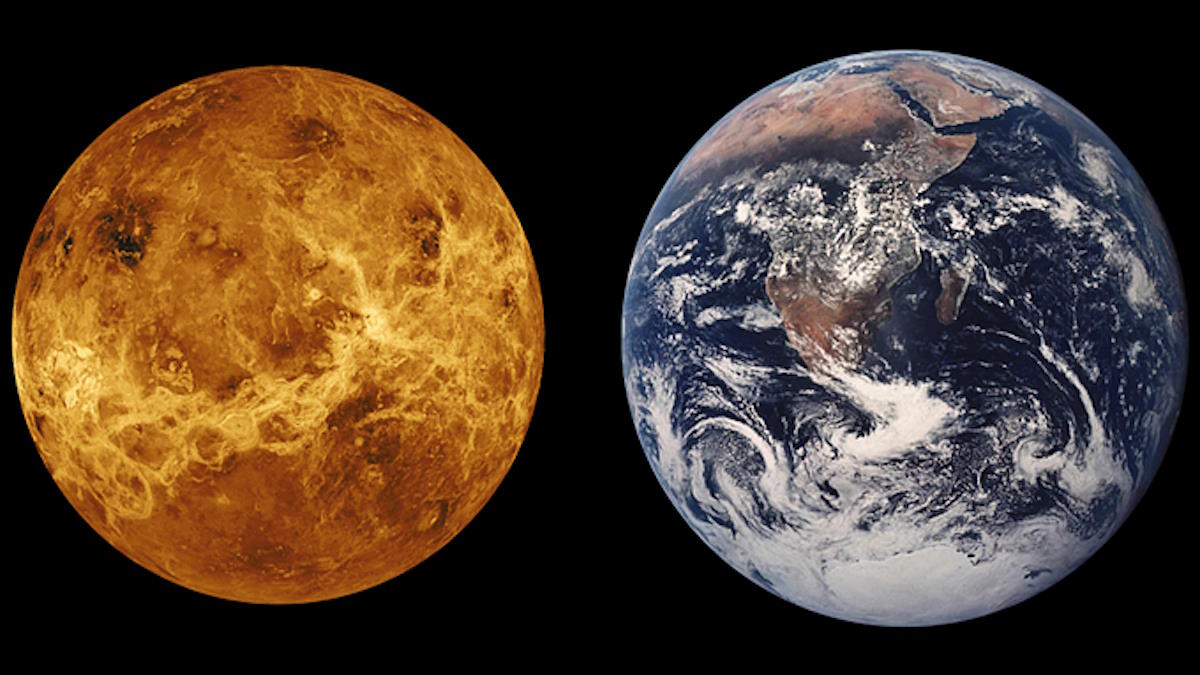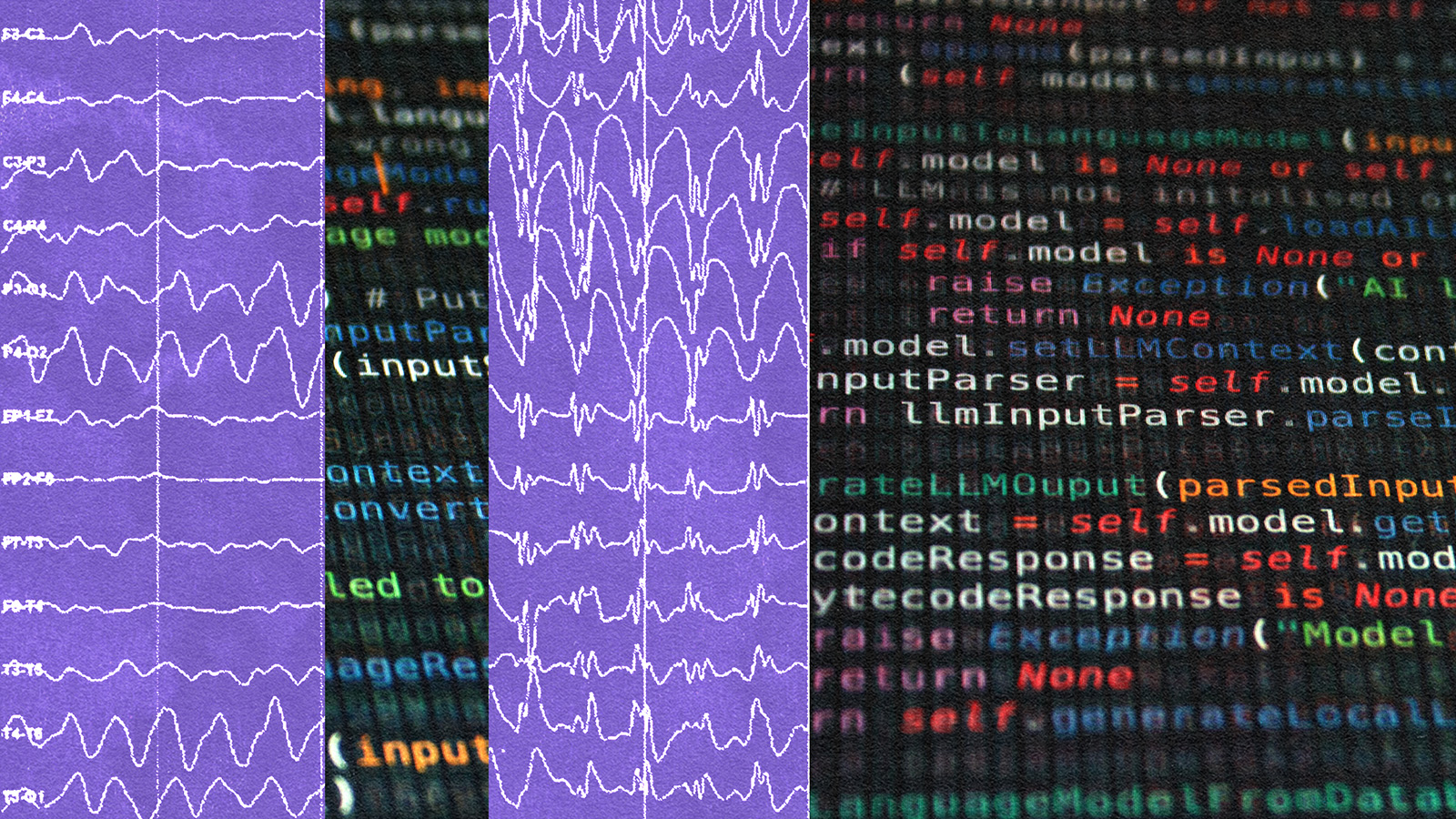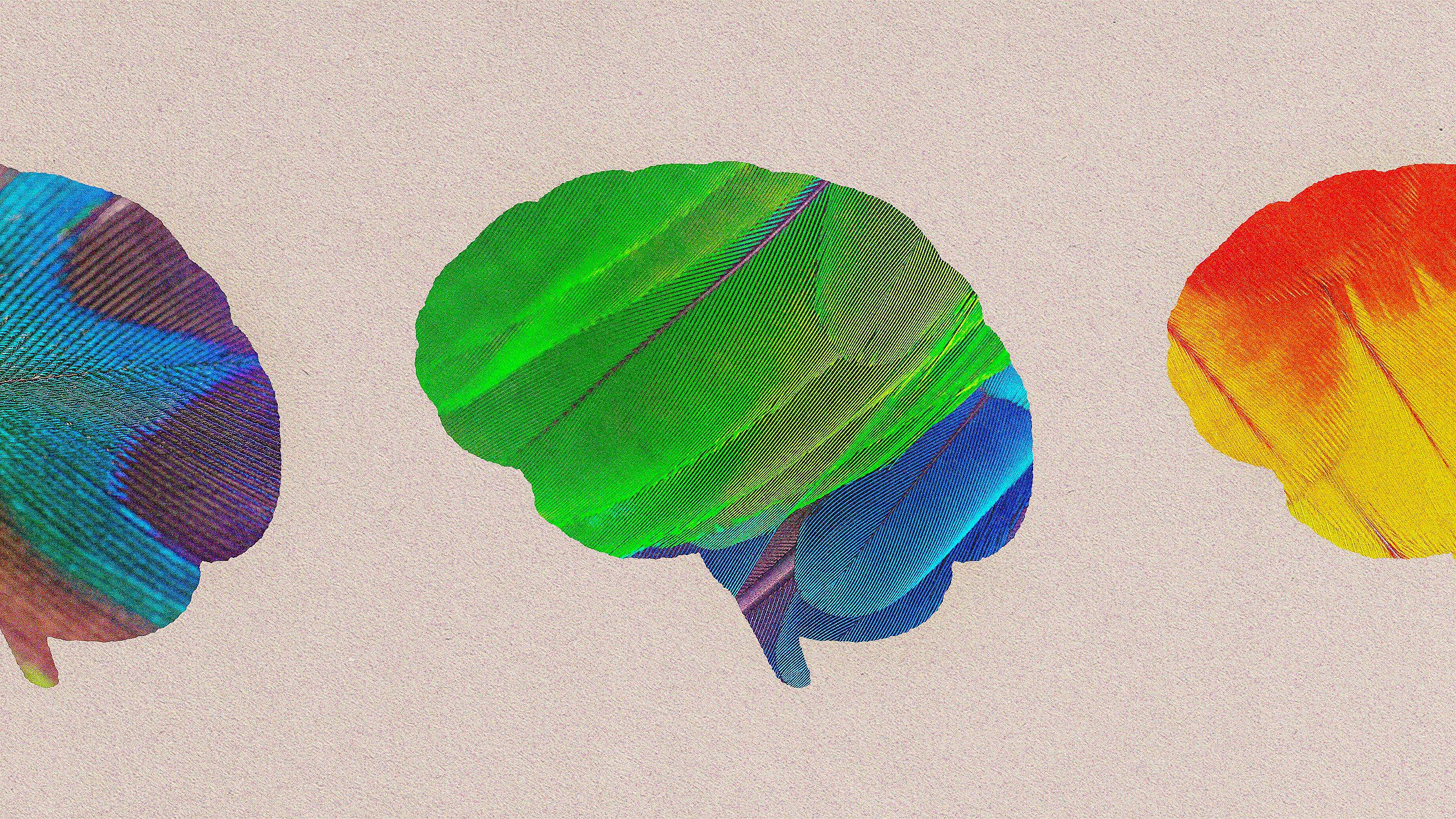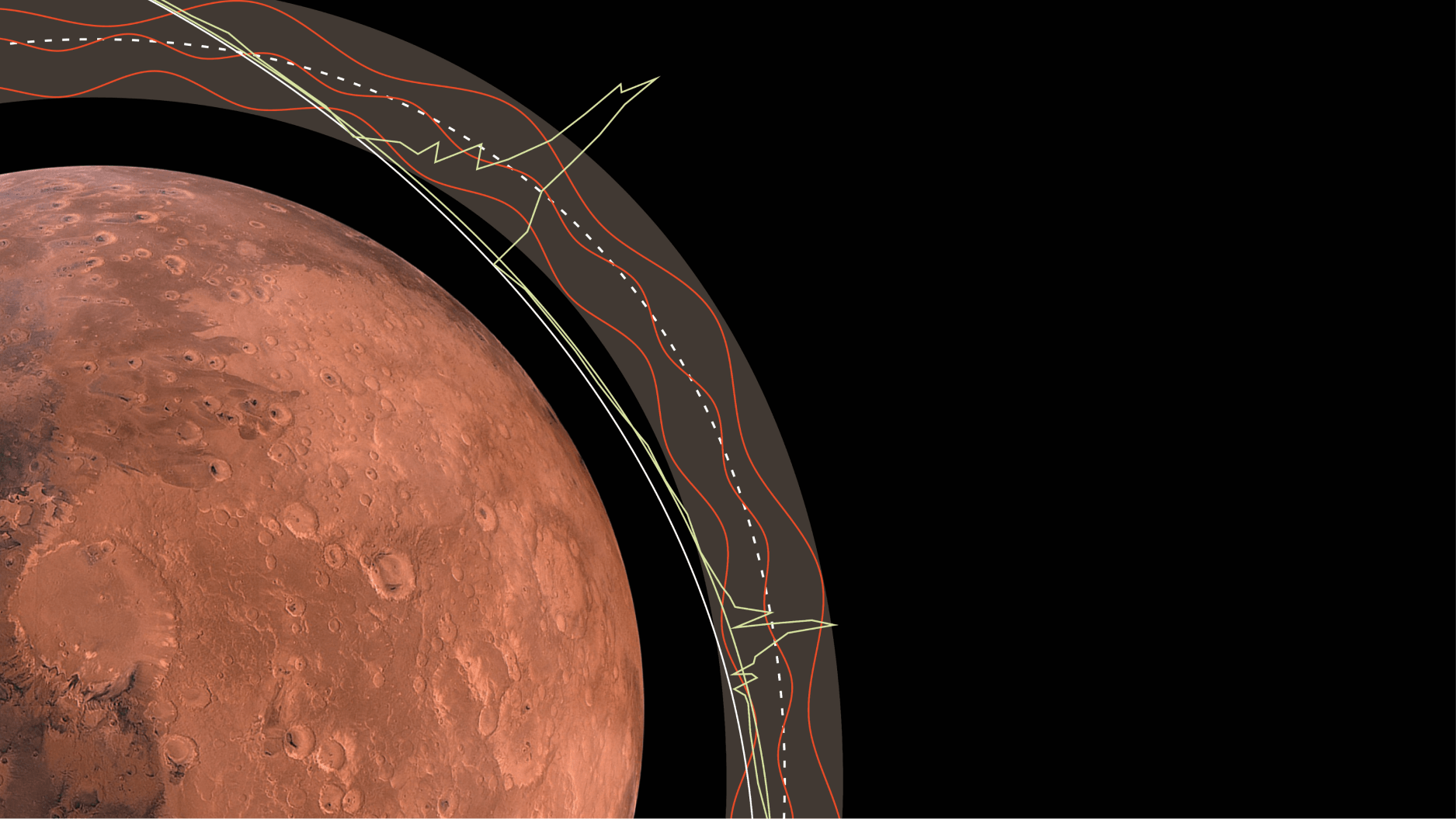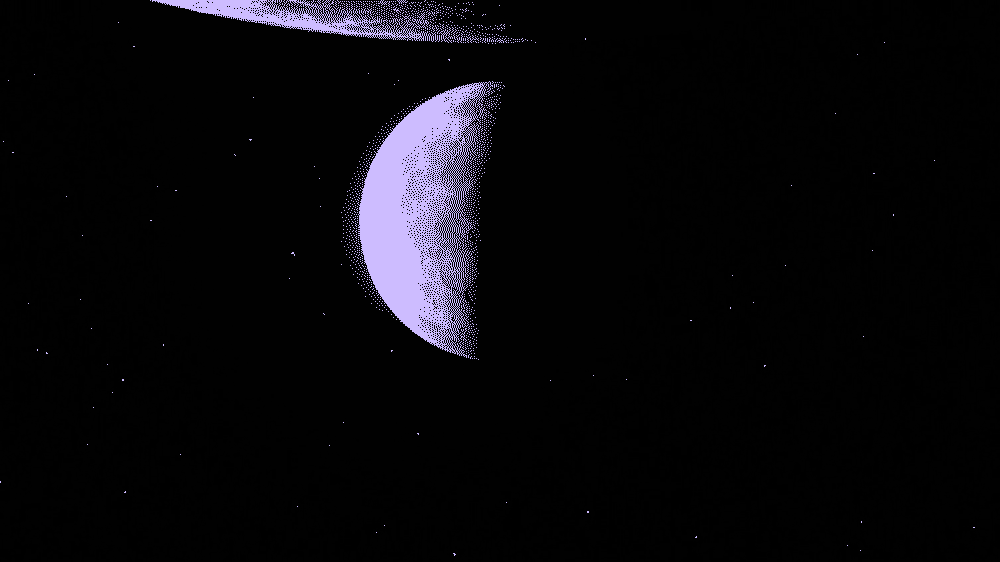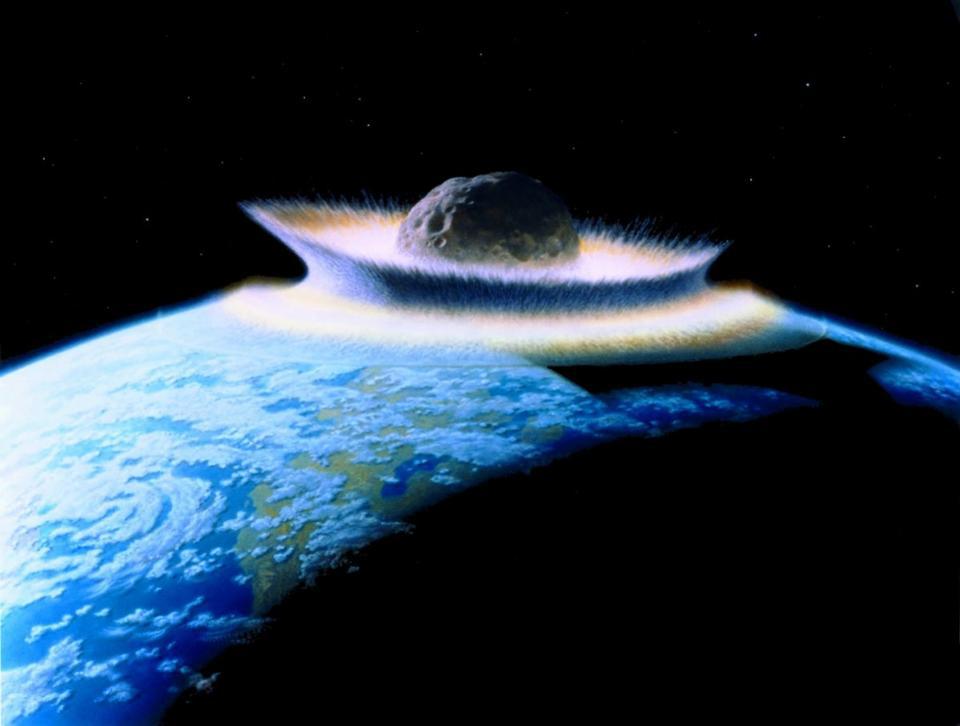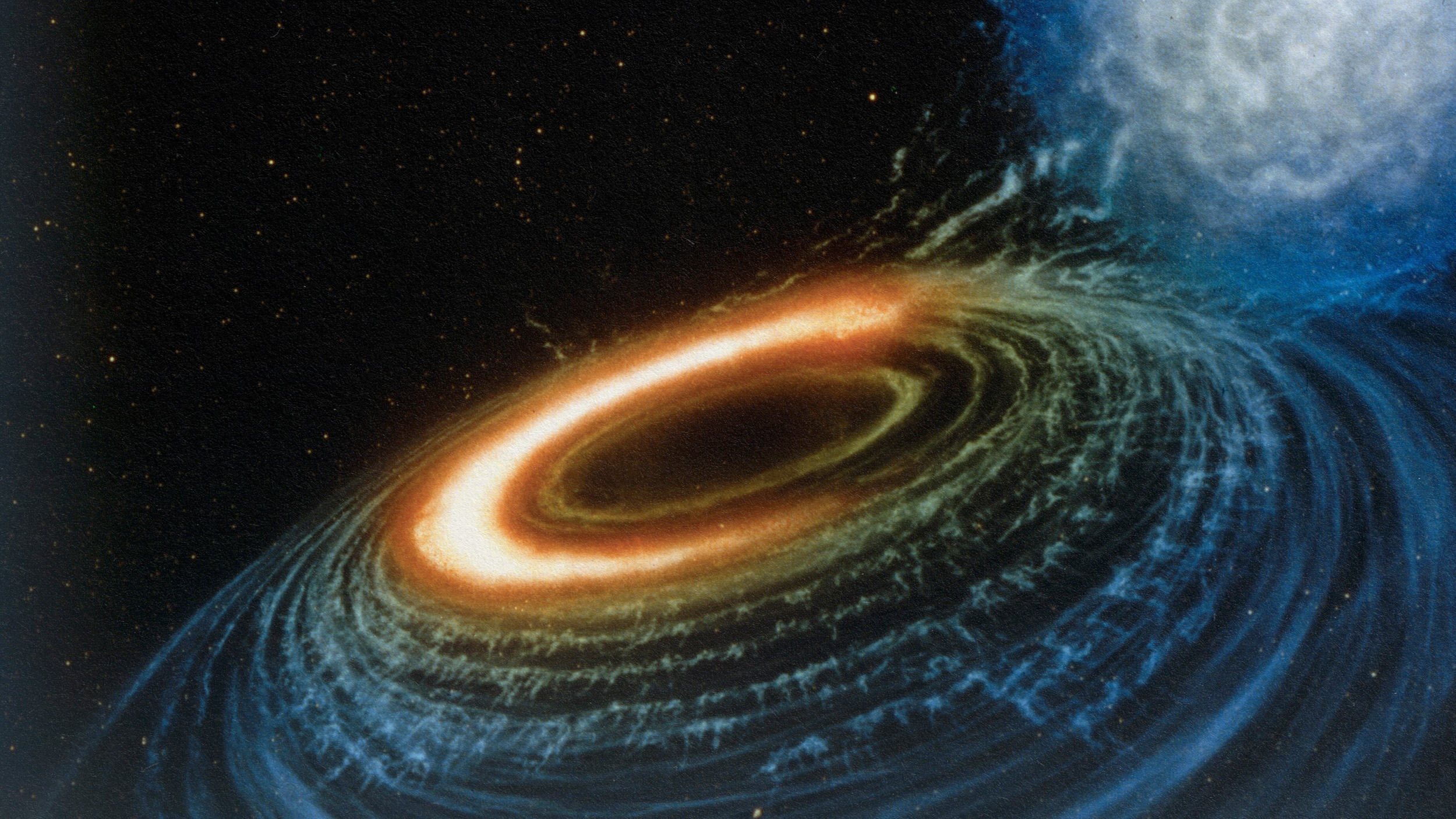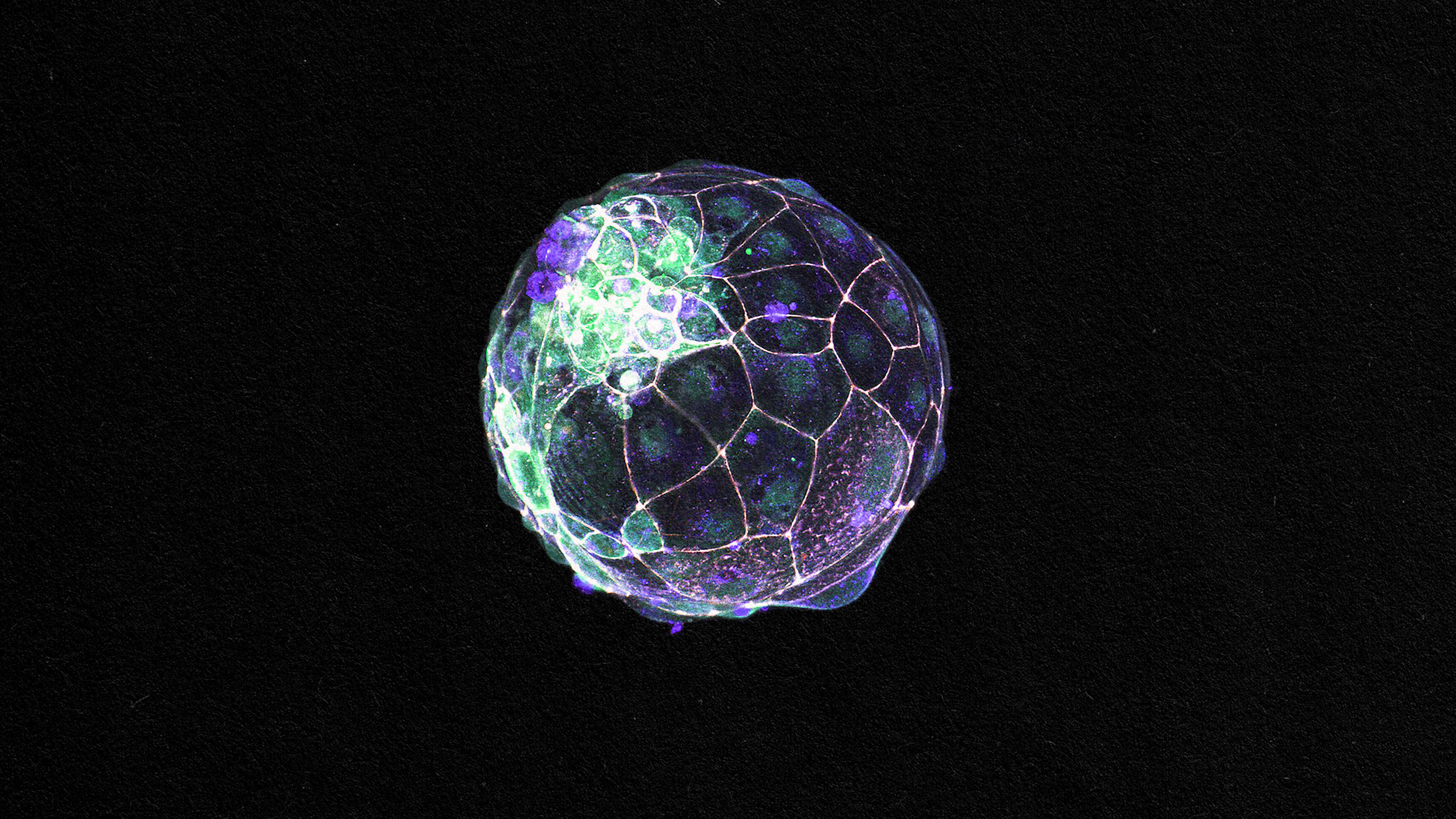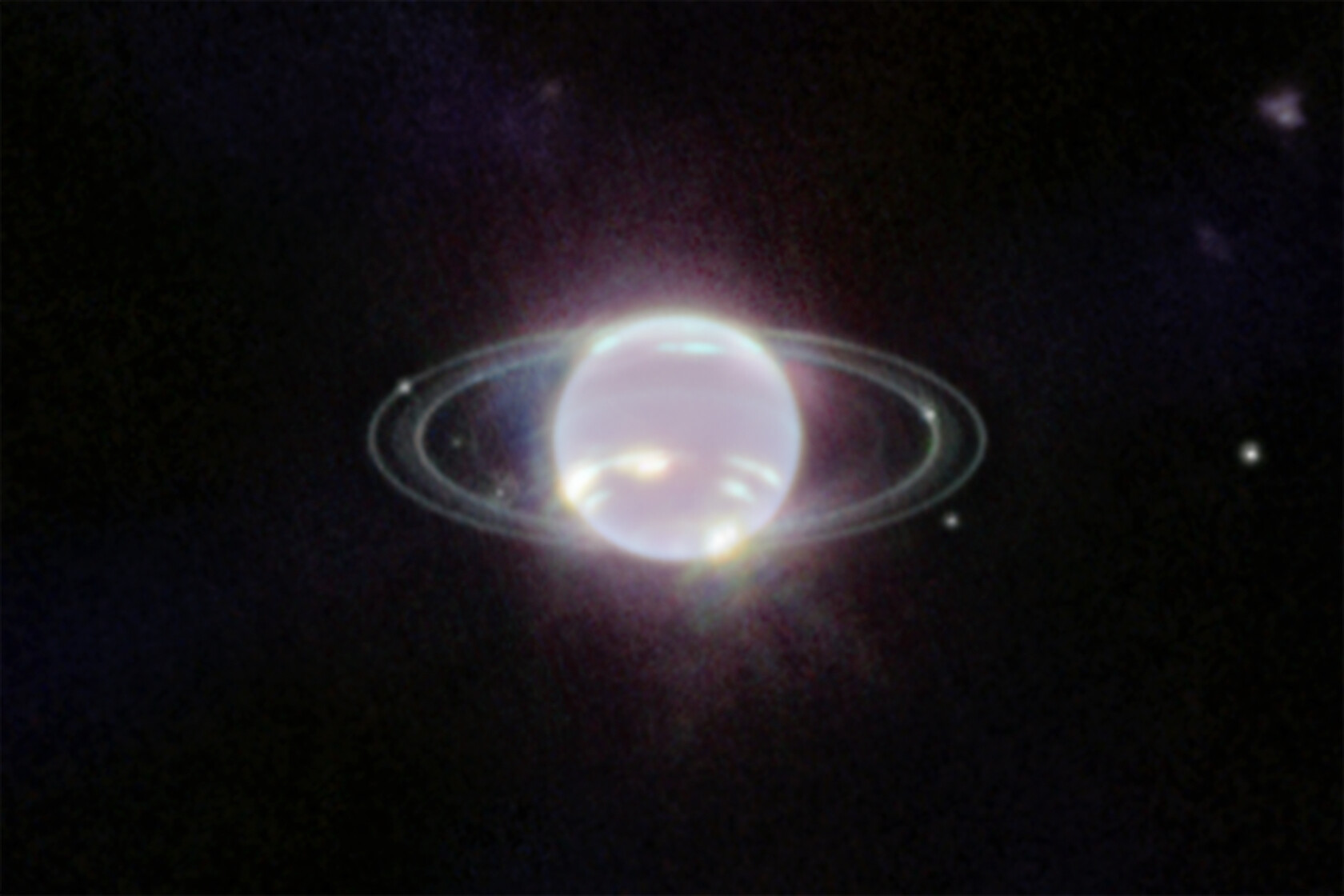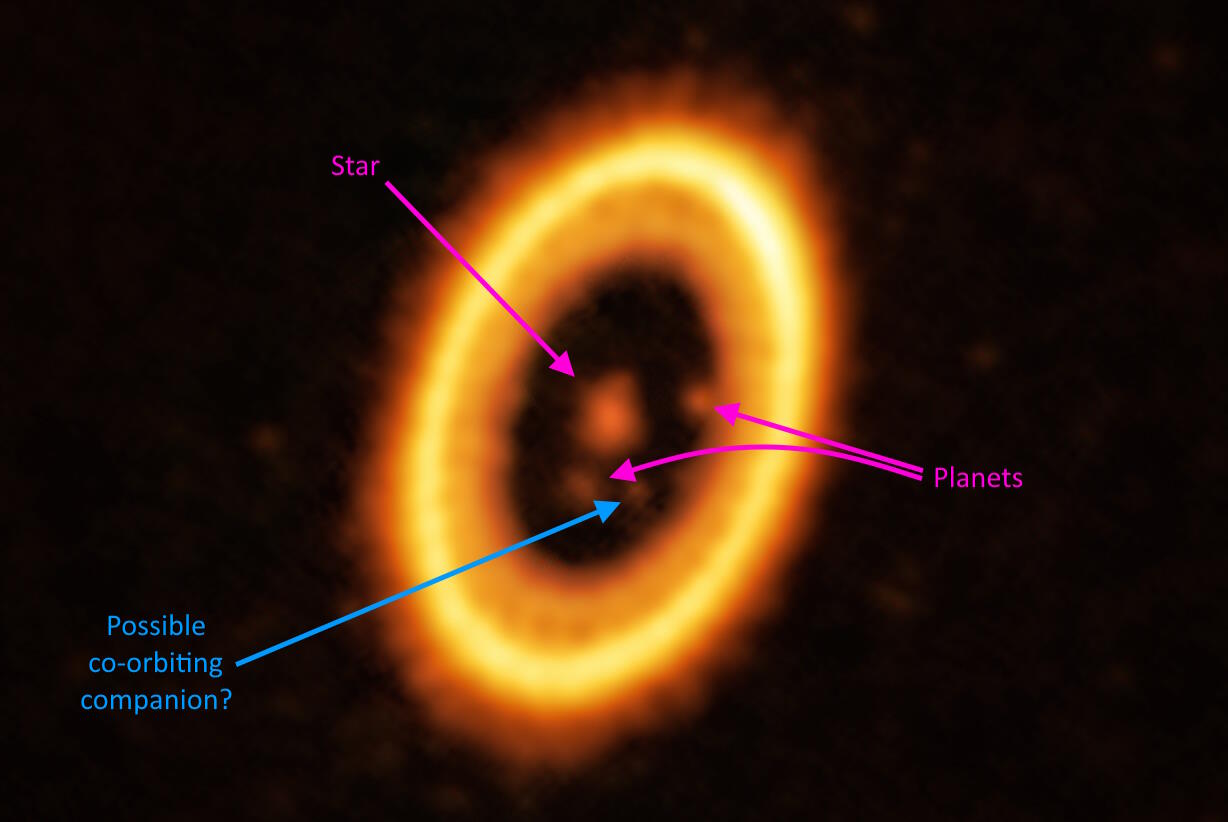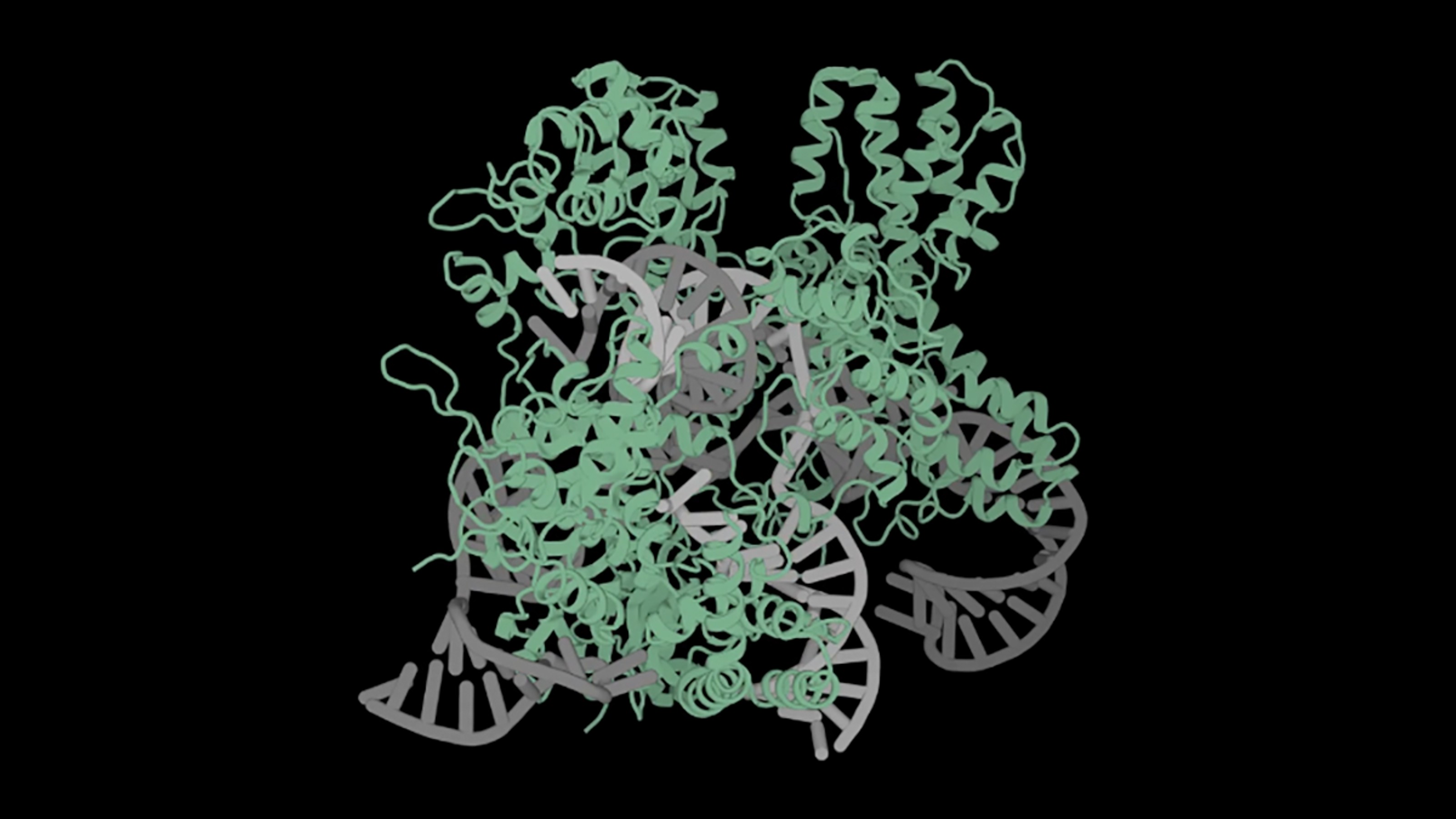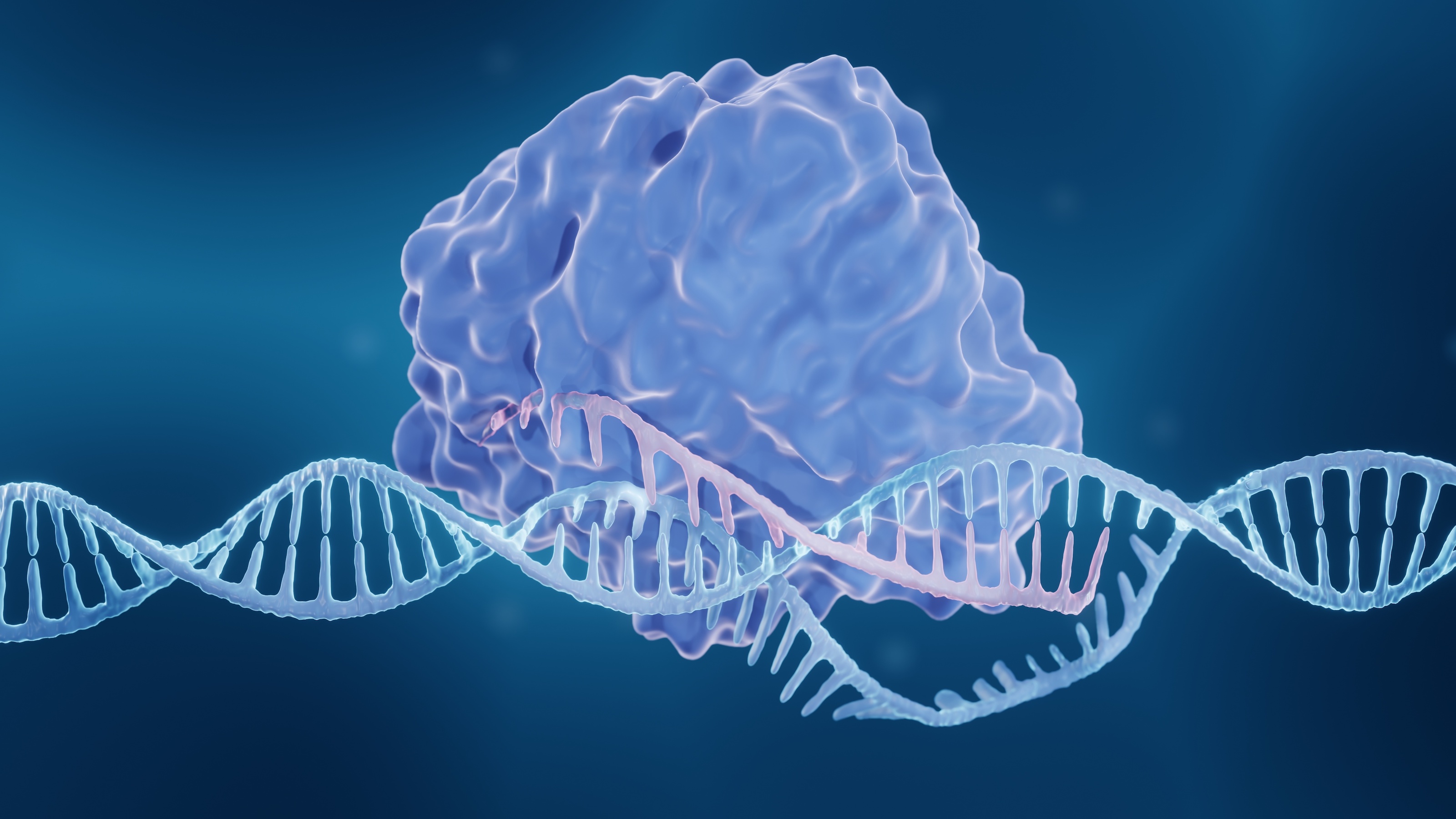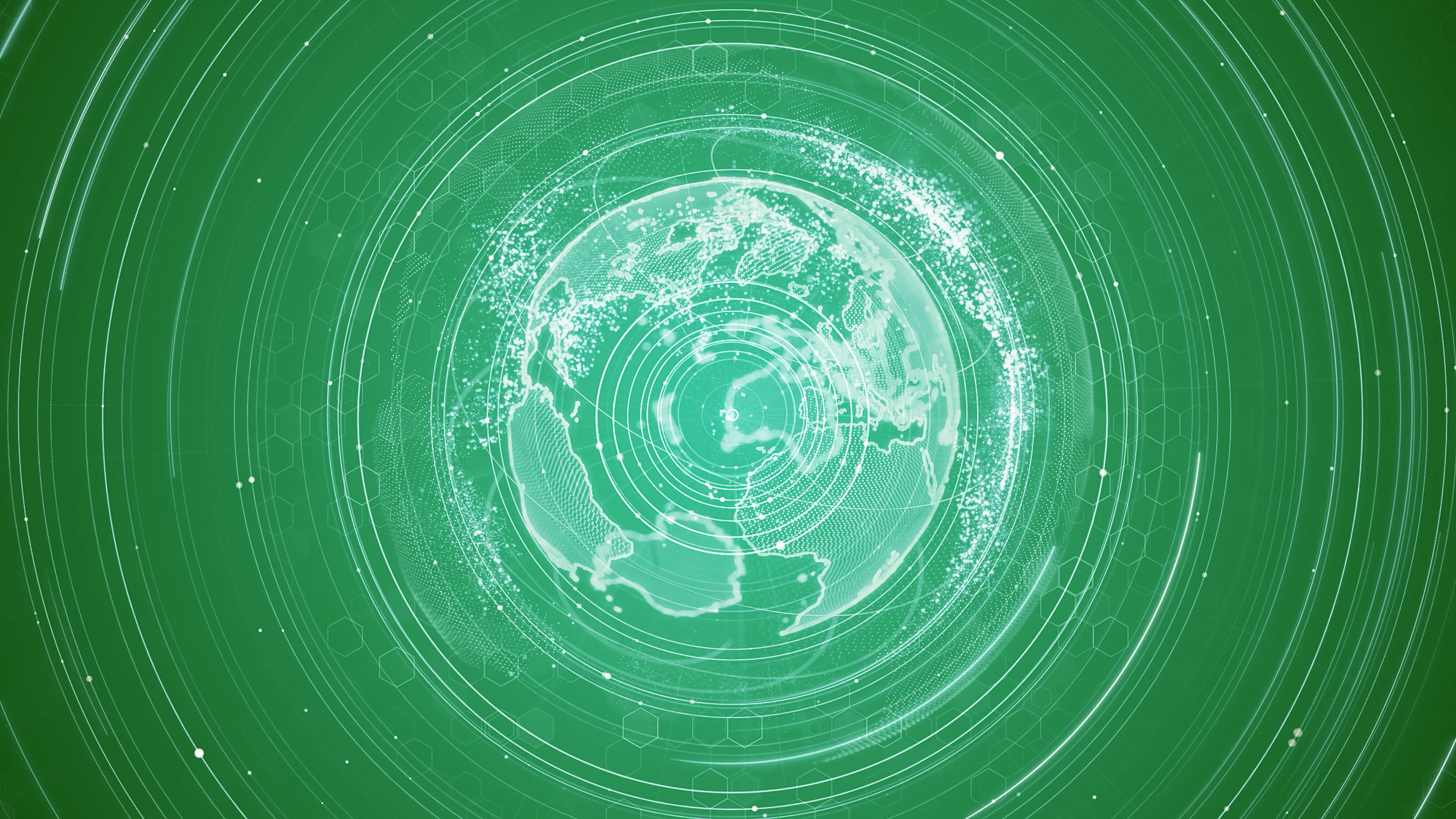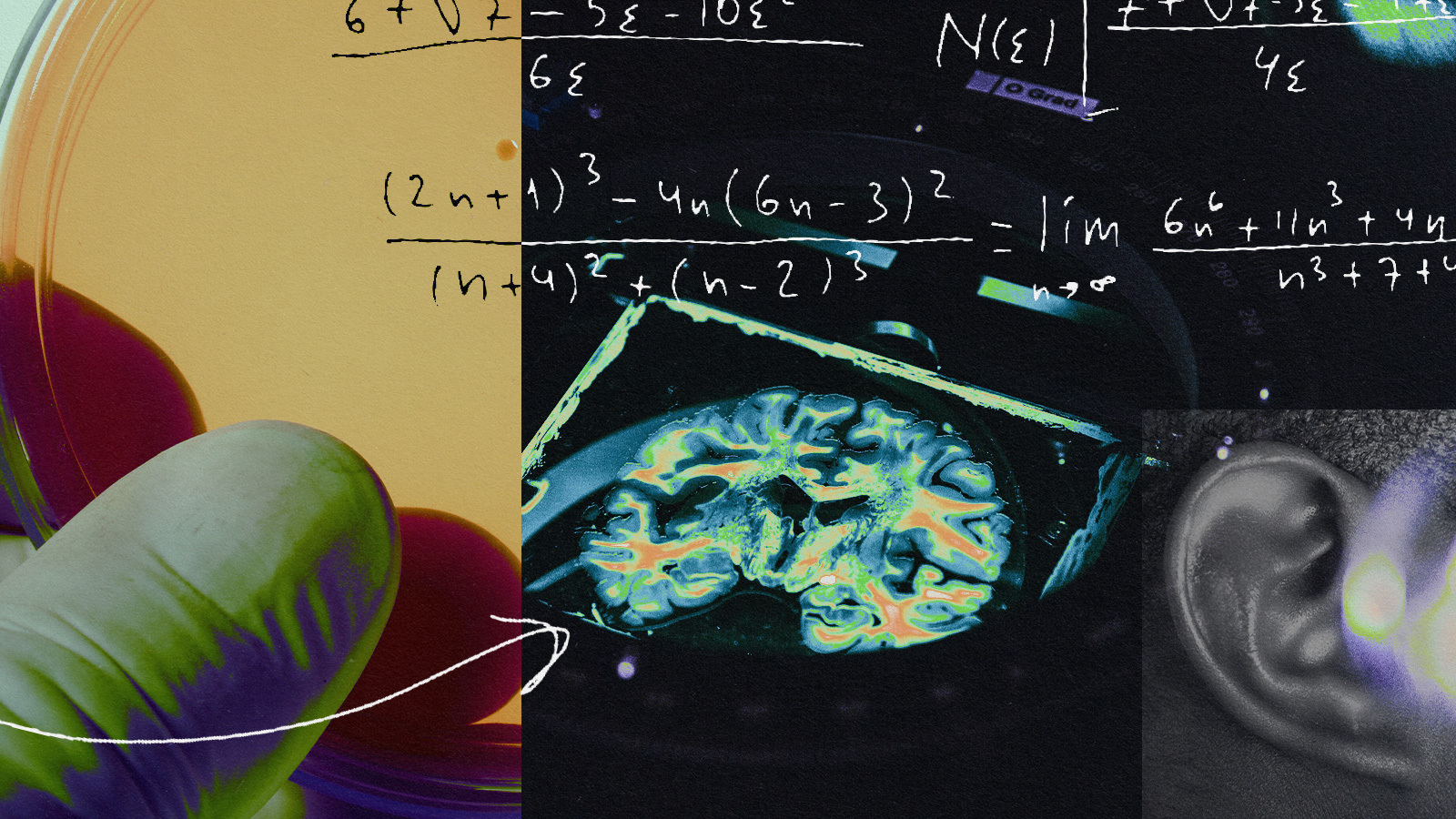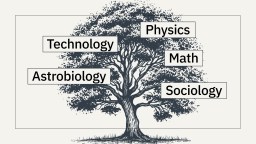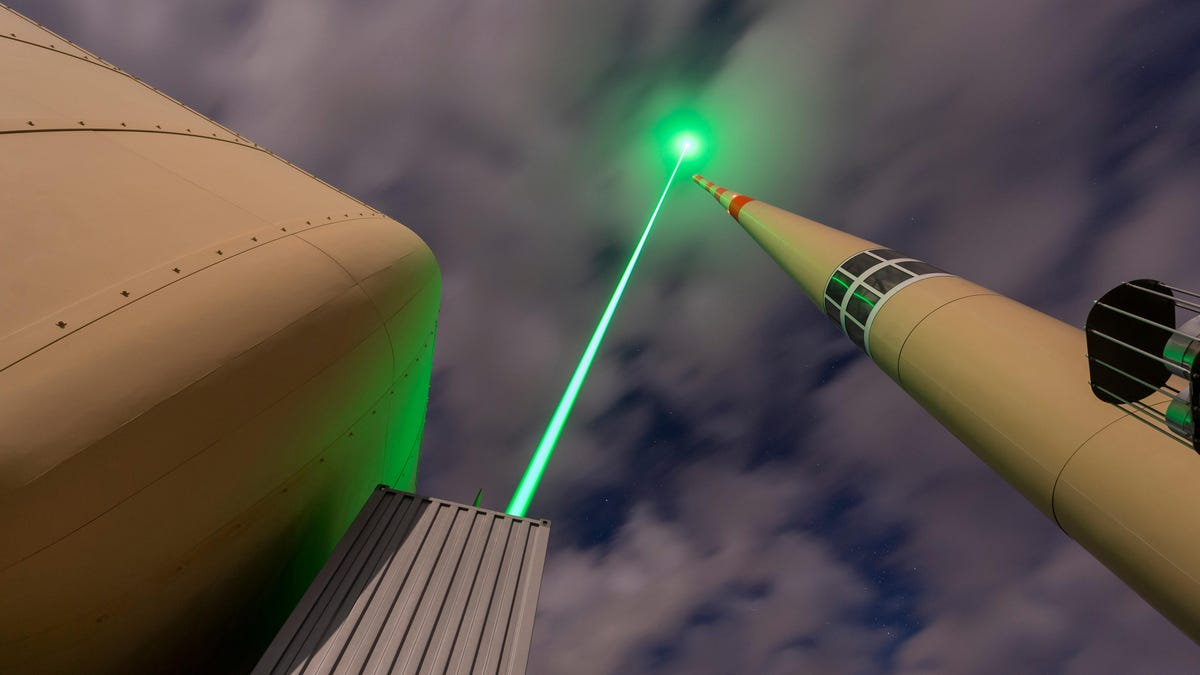It weakens the bacteria so that the immune system can destroy it.
Search Results
You searched for: Systems
Newborn stars are surrounded only by a featureless disk. Debris disks persist for hundreds of millions of years. So when do planets form?
Out of the four rocky planets in our Solar System, only Earth presently has plate tectonics. But billions of years ago, Venus had them, too.
33 years ago, the theoretical biologist Robert Rosen offered an answer to the question “Is life computable?”
A golden new era of business is within our reach — provided that we harness AI’s potential while mitigating the risks.
These 5 human development principles could completely change the way we think about learning and potential.
▸
5 min
—
with
How do scientists measure and define life in the natural world? Dr. Lee Cronin gives us a definition, in 4 minutes:
▸
4 min
—
with
The transformational change driven by AI will elevate neurodiversity inclusion as an organizational asset, argues Maureen Dunne.
Watching for changes in the Red Planet’s orbit over time could be new way to detect passing dark matter.
The Earth that exists today wasn’t formed simultaneously with the Sun and the other planets. In some ways, we’re quite a latecomer.
The recently discovered Oort cloud comet, Bernardinelli–Bernstein, has the largest known nucleus: 119 km. Here’s what it could do to Earth.
There are 40 billion billion black holes in the universe. Here’s how our Solar System stacks up against ten of them.
From the laying out of the body plan to the organization and functioning of our nervous system, cells rule gene expression and make us who and what we are.
Our classical intuition is no good in a quantum Universe. To make sense of it, we need to learn, and apply, an entirely novel set of rules.
The James Webb Space Telescope viewed Neptune, our Solar System’s final planet, for the first time. Here’s what we saw, and what it means.
It’s knowledgeable, confident, and behaves human-like in many ways. But it’s not magic that powers AI though; it’s just math and data.
The promising new treatment builds on research that went into developing COVID vaccines.
How did complex systems emerge from chaos? Physicist Sean Carroll explains.
▸
6 min
—
with
The giant impact theory suggests our Moon was formed from proto-Earth getting a Mars-sized strike. An exoplanet system shows it’s plausible.
Creative people are better able to engage brain systems that don’t typically work together.
Profluent’s new platform is like ChatGPT for genetic technology.
Physicists have increasingly begun to view life as information-processing “states of matter” that require special consideration.
Once activated, the CRISPR-Cas12a2 system goes on a rampage, chopping up DNA and RNA indiscriminately, causing cell death.
Entrenched business wisdom says that community-led economic systems are pure fantasy. Douglas Rushkoff disagrees.
It could perform a speech recognition task with 78% accuracy.
The Santa Fe Institute is a cradle of modern research. Our host Kmele meets some of the brilliant minds who work there.
▸
42 min
—
with
“Why is it that the quality of our information did not improve over thousands of years? Why is it that very sophisticated societies have been as susceptible as stone age tribes to mass delusion and the rise of destructive ideologies?”
▸
75 min
—
with
When we’re stressed, our hormones and nervous system produce all sorts of odors.
Laser-guided lightning systems could someday offer much greater protection than lightning rods.
And can we run the grid of the future without AI?
